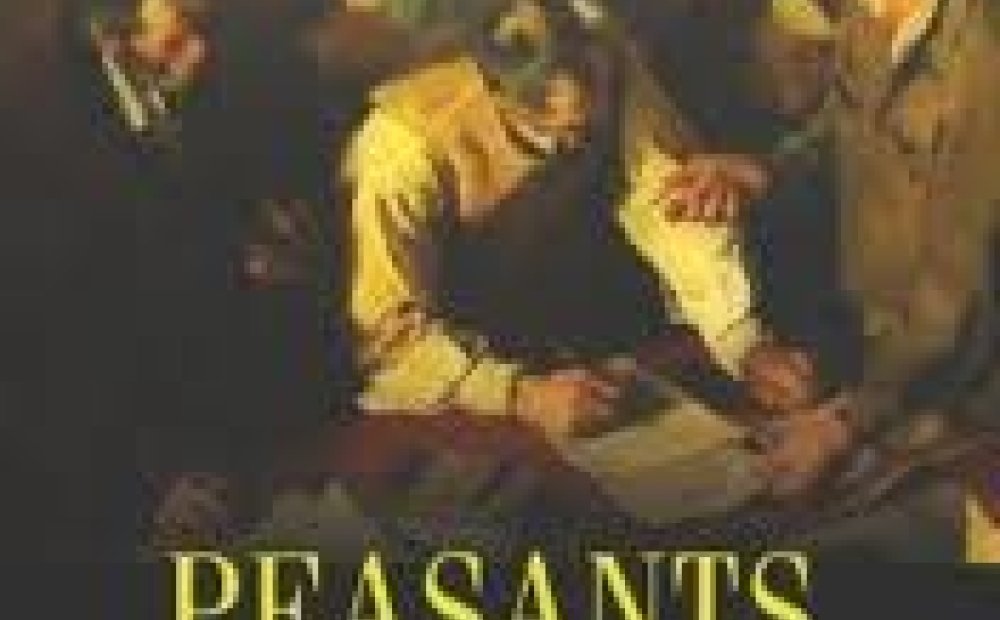Peasants Under Siege: The Collectivization of Romanian Agriculture, 1949-1962—On Creating Communist Authority in Everyday Life

In largely agrarian countries such as Romania, the collectivization of agriculture was the first mass action through which the new communist regime initiated its radical program of social, political, cultural, and economic transformation. Gail Kligman, professor of sociology at UCLA and director of UCLA's Center for European and Eurasian Studies will discuss her latest book entitled Peasants Under Siege which explores the collectivization campaign in Romania (1949-1962) and its far-reaching effects. This process assaulted the very foundations of everyday life for the majority of Romania’s population. While various rural inhabitants benefited greatly from collectivization, for many others, collectivization constituted the major trauma of the socialist period. Based on extensive oral historical and archival data, this historical ethnography of communist state formation as experienced illuminates how the Soviet “blueprint” for collectivization was modified through its implementation in Romania, and how the practices of its implementation—through what we refer to as pedagogies of power or technologies of rural transformation—resulted in the bureaucratization and restratification of rural life. Collectivization understood in political, cultural, and social-relational terms not only created new social hierarchies and subjectivities (“new socialist persons”), but also shaped the Communist Party’s mechanisms of rule and forms of authority.
Joining Kligman on the panel is Constantin Iordach, associate professor of history at the Central European University.
Speakers
Director, Center for European and Eurasian Studies and Professor, Department of Sociology, University of California, Los Angeles
Hosted By

Global Europe Program
The Global Europe Program is focused on Europe’s capabilities, and how it engages on critical global issues. We investigate European approaches to critical global issues. We examine Europe’s relations with Russia and Eurasia, China and the Indo-Pacific, the Middle East and Africa. Our initiatives include “Ukraine in Europe”—an examination of what it will take to make Ukraine’s European future a reality. But we also examine the role of NATO, the European Union and the OSCE, Europe’s energy security, transatlantic trade disputes, and challenges to democracy. The Global Europe Program’s staff, scholars-in-residence, and Global Fellows participate in seminars, policy study groups, and international conferences to provide analytical recommendations to policy makers and the media. Read more


History and Public Policy Program
A leader in making key foreign policy records accessible and fostering informed scholarship, analysis, and discussion on international affairs, past and present. Read more
